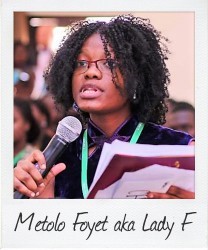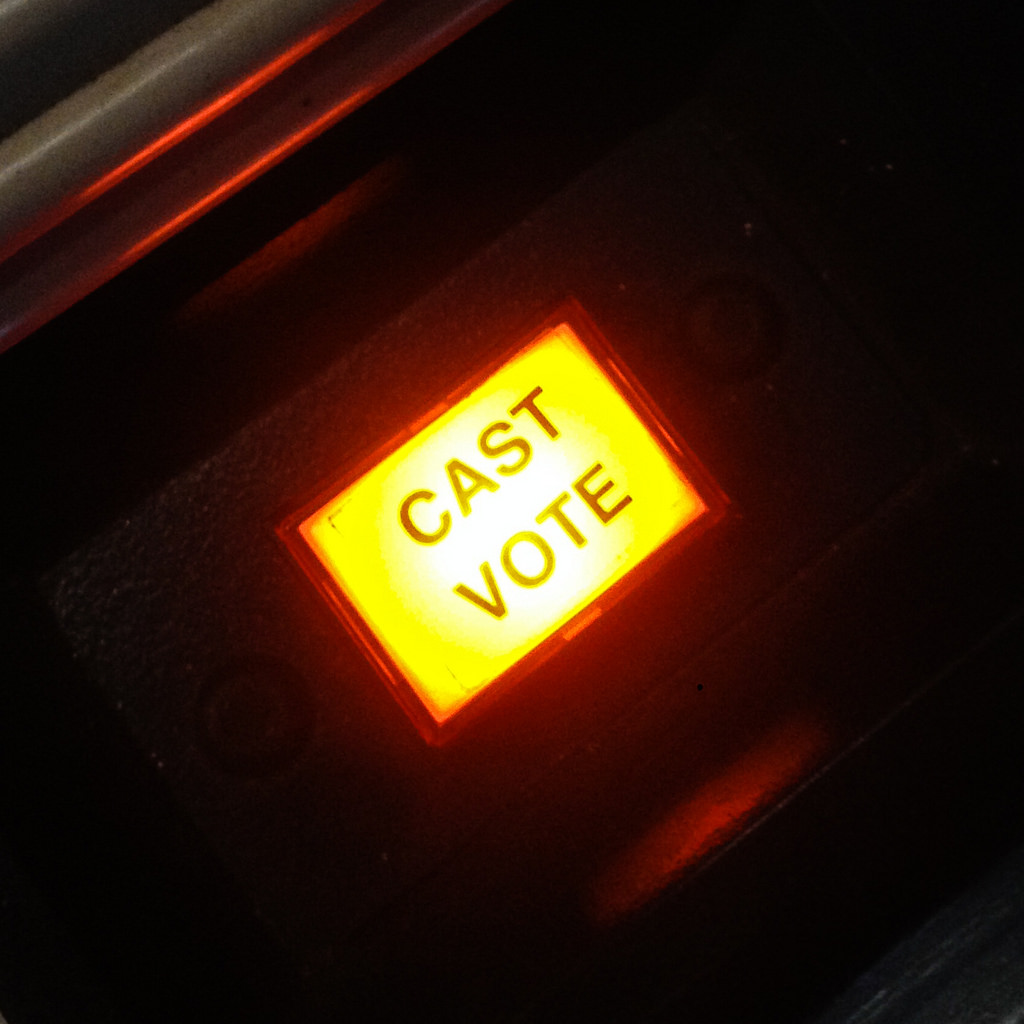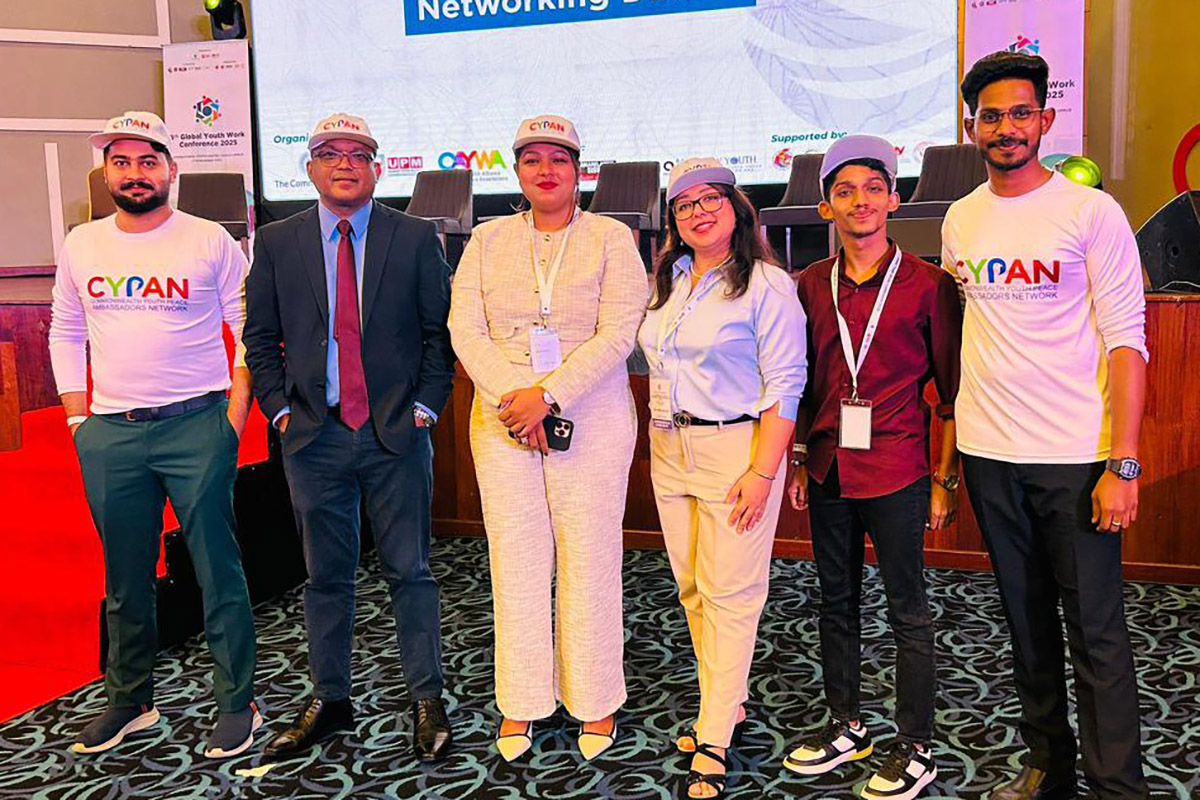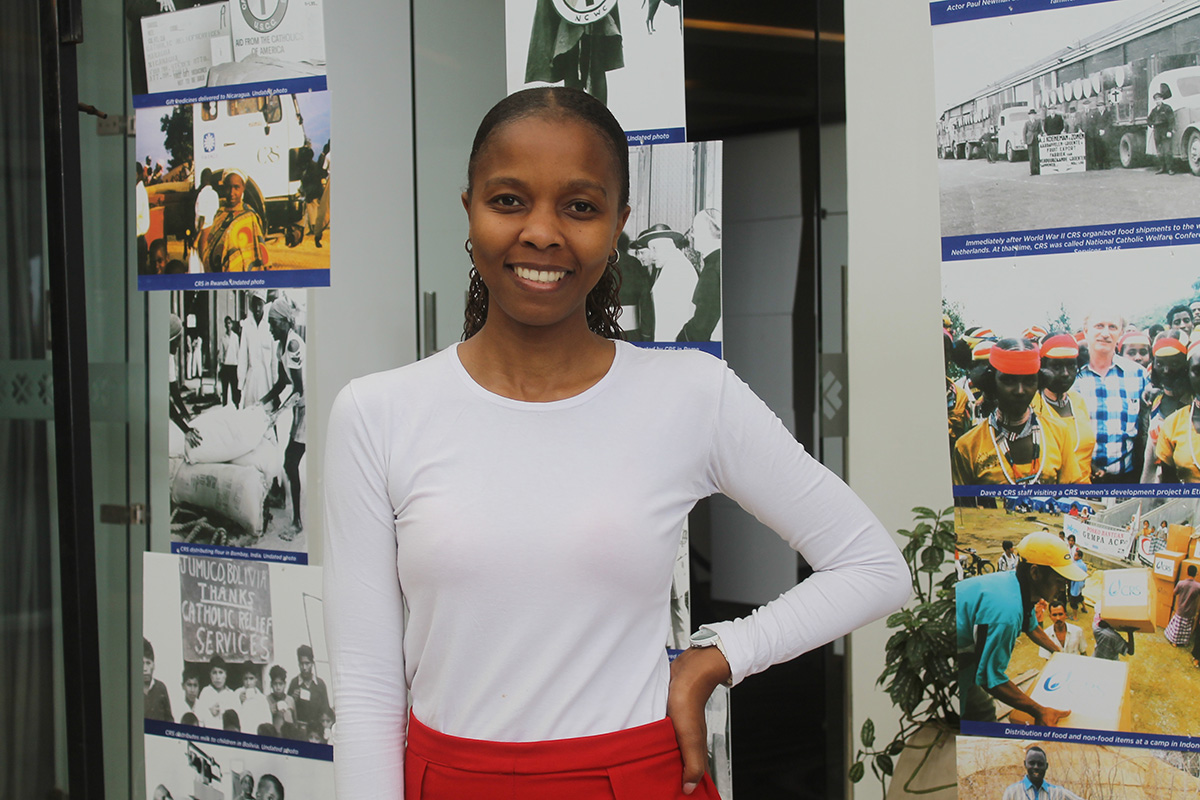“Discordancy and democracy in Africa”
May 3 Democracy is espoused as the ideal, but Metolo Foyet, 20, a Commonwealth Correspondent from Cameroon now living in Niger, reflects on its origins and limitations in practice.
Democracy is espoused as the ideal, but Metolo Foyet, 20, a Commonwealth Correspondent from Cameroon now living in Niger, reflects on its origins and limitations in practice.
I was going to chow in the mess hall on campus when I heard an angry voice from afar. It was a military man.
“Liberal democracy does not work in Africa,” he said. “If it did, we wouldn’t have our head of states chosen by colonial masters so they can keep neo-colonising us. Yes, this is the problem with Africa. We are experts in borrowing western concepts without assessing their applicability and transferability to our context. We have duplicated their constitutions, adopted their religions, upheld their languages and now we are letting the media and their so-called modernisation impose us their lifestyle and culture. Our roots, authenticity and traditions are gradually being exterminated and see how our children lack knowledge on the continent’s narratives…”
Intrigued, I found myself eavesdropping. His interlocutor, who was a PhD candidate, replied.
“I concede Africa had a solid governance system before we were introduced to those concepts,” he countered. “But democracy is not a guarantor of good governance! We have defined the latter out of ourselves and do not do what is expected of us.
“A pragmatic example is littering. If you drop litter in front of your house or in public places and do not clean it, who is going to do so? You tell me the government. Who is the government? A principle of good governance is participation. You must be part of any decision that affects you and therefore, if you contribute in littering the city and complain about the government not cleaning up, you are part of that ineffective government and thus a contributor to bad governance. It is too easy to blame the leaders and colonial masters. Our irresponsible actions as the people also contribute to the problem…”
Personally, I was a bit confused as to what exactly was the subject of their discussion. However, I wanted to understand why the military man was against democracy. Wasn’t the latter claimed to be the best system of government?
Puzzled, I found that many like him supported Robert Hollinger’s view of liberalism to be invariably and intolerably elitist, adding that liberals fear and despise the people. They profess to reject Plato’s notion of rule of the wise, but espouse it in reality. Nonetheless, when I read that an anonymous activist in Cameroon had defined democracy as the destruction of the world created by the authors of terrorism to impose their states, I started to wonder if I was heading towards the right direction.
I decided to focus my interest on assessing liberal democratic performance in Africa. The latter is understood as the delivery of liberal democratic values, and not as regime longevity or government efficacy. Measuring it means evaluating how liberal democratic governments achieve in practice the values they endorse in principle. It is acknowledged that the performance of liberal democratic governments widely varies. But existing efforts to assess this variation undergo issues of reliability and validity, and the object of assessment is often indistinct.
According to Simkin, democracy is two wolves and a lamb voting on what to eat for lunch. Created in the hands of the capitalists, it has been designed as a mouse trap. The cheese (core values) attracts the mouse (the people). The mouse lured, goes for the cheese and by the time it realises, it is already trapped into something it can barely escape from: an illusion of liberty.
Democracy is based on commendable values. It was created from the people, for the people, by the people. Meaning the government is ruled by the people through their votes. However, these days in Africa, democracy rarely represents the people. It values are breached and governments no longer need popular sovereignty or majority rule to occupy the seat.
It is often a very small part of the population that determines which party gets into power. The youth accounts for more than half of the population, and with an average age is 18 (therefore not entitled to vote) – already more than 50 per cent of the population is excluded from the voting process. Also, there are the aged, who do not vote because of various reasons and thus are excluded. Add to this already huge number those who are entitled to vote but do not. Consequently, what exactly is the “electoral majority” in this particular case? Is it the majority of roughly one third of the population?
To avoid this, I suggest that the law of the three-quarters must be considered. Each country in Africa should follow Ethiopia’s example, revise its constitution and adapt it to its context. Systems in Africa are corrupted partly because of the loopholes in the constitutions, thus the need to reform the entire legal structure.
photo credit: Editor B Cast Vote via photopin (license)
…………………………………………………………………………………………………………………
About me: I am a social entrepreneur with focus on education, agriculture and cybersecurity.
I have a track record of adding value to organisations by delivering innovative projects that engage stakeholders and expertise in public affairs, strategic communications, translation, research and development, product design, grassroots development and project management across the not-for-profit and private sectors.
I paint, write, and am an environmental, travel and sports enthusiast. I envision a career in the public service, especially the UN.
…………………………………………………………………………………………………………………
Opinions expressed in this article are those of the author and do not necessarily represent the views of the Commonwealth Youth Programme. Articles are published in a spirit of dialogue, respect and understanding. If you disagree, why not submit a response?
To learn more about becoming a Commonwealth Correspondent please visit: http://www.yourcommonwealth.org/submit-articles/
…………………………………………………………………………………………………………………




